The race to be the next chancellor of Oxford University
Voting begins next week as 38 candidates, ranging from a former Tory leader to a Zumba teacher, make their pitches
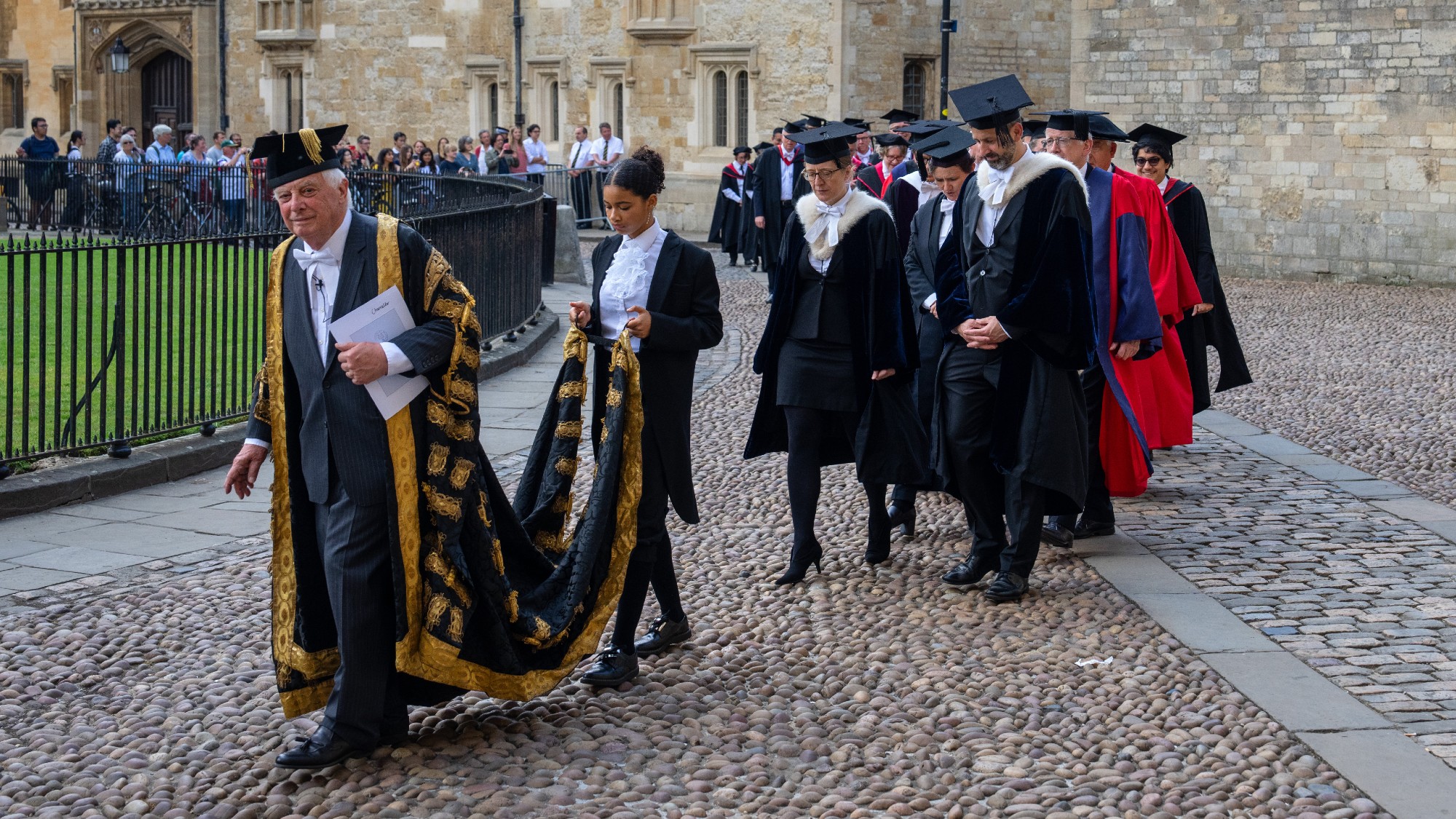
A free daily email with the biggest news stories of the day – and the best features from TheWeek.com
You are now subscribed
Your newsletter sign-up was successful
After months of not-so-secret campaigning, the race to become the next chancellor of Oxford University is entering the home straight, with voting opening for students, staff and graduates next week.
The first ballot involves 38 candidates, ranging from political heavyweights such as Peter Mandelson and William Hague to an "anti-woke" Anglican clergyman and a Zumba teacher.
The former cricketer and Pakistani PM Imran Khan had been among the favourites to replace outgoing chancellor Lord Patten before his last-minute exclusion from the contest. A spokeswoman for the university refused to be drawn on why Khan had been barred from standing but pointed to requirements that the chancellor must be deemed "fit and proper" as the trustee of a charity, under the terms of Britain's Charities Act. Khan is currently serving time in a Pakistani prison on charges his supporters say are politically motivated.
The Week
Escape your echo chamber. Get the facts behind the news, plus analysis from multiple perspectives.

Sign up for The Week's Free Newsletters
From our morning news briefing to a weekly Good News Newsletter, get the best of The Week delivered directly to your inbox.
From our morning news briefing to a weekly Good News Newsletter, get the best of The Week delivered directly to your inbox.
It has added yet another twist to what is normally a low-key affair to lead one of the world's oldest and most prestigious academic institutions.
"Unpaid, onerous and irksome," said The Spectator: "no wonder many academics shrink at the prospect of the post", which former holder Roy Jenkins famously described as "impotence assuaged by magnificence".
"Yet such is its magnificence that so many others are attracted to the role, fully aware of all the politics and pressures that it brings."
Voting by a convocation
The position of chancellor of the University of Oxford has existed since 1224. A "largely ceremonial" role, according to the BBC, past officeholders include figures such as Oliver Cromwell, the Duke of Wellington, and former prime minister Harold Macmillan.
A free daily email with the biggest news stories of the day – and the best features from TheWeek.com
In all that time the post has never been held by a woman – but if former Tory leader Lord Hague wins, "he would be its 36th 'William'", said The Economist.
The forthcoming election features several notable firsts. One is that the incoming chancellor will be elected for 10 years, a departure from the previous convention that the post would be held for life. The second is that voting by "a convocation" of Oxford students, staff and graduates will take place online, a move which "has not only expanded the candidate pool, but also made it more international", said The New York Times. About 26,000 alumni of Oxford have registered to vote, with an additional 5,000 faculty and senior staff also eligible.
Initial voting will take place in the week commencing 28 October, using the alternative vote system, which allows voters to rank candidates in order of preference. The field of candidates will be reduced to five in a first round of voting, with a winner selected in a second round in late November.
The frontrunners
Some 38 candidates have put their name forward to replace Patten. According to The New York Times these range from an Anglican clergyman who presents himself as the "anti-woke candidate", to a left-wing activist who boasts that he has never "invaded any Middle Eastern countries" to a Zumba teacher who says her cardio training would help her face the rigours of the job.
But three peers "lead the pack", said The Spectator. New Labour architect Peter Mandelson, who studied at St Catherine's College, has sought to position himself as the candidate of the left, noting during his campaign launch that just two of the nine chancellors in the last century had not been Tories.
"I don't see why the Conservatives should have a monopoly on this position," he said, promising to use his links with the new Labour government to advocate for Oxford and the university sector more broadly.
It is perhaps fitting then that his biggest challenge is likely to come from former Tory leader William Hague. The "frontrunner", according to The Times, the former foreign secretary and now author credits his time at Oxford for "everything I've done in the last 42 years in government, the literary world and everything else". He said he'd "be more than happy to play a part in inspiring other people to have that same experience".
Jan Royall, who served in the same Labour cabinet as Mandelson, has pitched herself as the "candidate for welfare and widening access" and vowed to build on her work as principal of Somerville College, championing unconscious bias training and purging octopus from college dinners.
Other contenders include Margaret Casely-Hayford, the first Black British woman to be made a partner at a City law firm, Dominic Grieve, the former attorney-general, and former Tory universities and science minister David Willetts.
Elish Angiolini, Scotland's former lord advocate and head of St Hugh's College, is a "favoured internal choice", said The Spectator.
But "for all the whimsy of the fringe candidates, the chancellor's job is likely to go to one of a small circle of politically connected Oxonians", said The New York Times – "candidates not unlike Patten or his 158 or so predecessors".
Chas Newkey-Burden has been part of The Week Digital team for more than a decade and a journalist for 25 years, starting out on the irreverent football weekly 90 Minutes, before moving to lifestyle magazines Loaded and Attitude. He was a columnist for The Big Issue and landed a world exclusive with David Beckham that became the weekly magazine’s bestselling issue. He now writes regularly for The Guardian, The Telegraph, The Independent, Metro, FourFourTwo and the i new site. He is also the author of a number of non-fiction books.
-
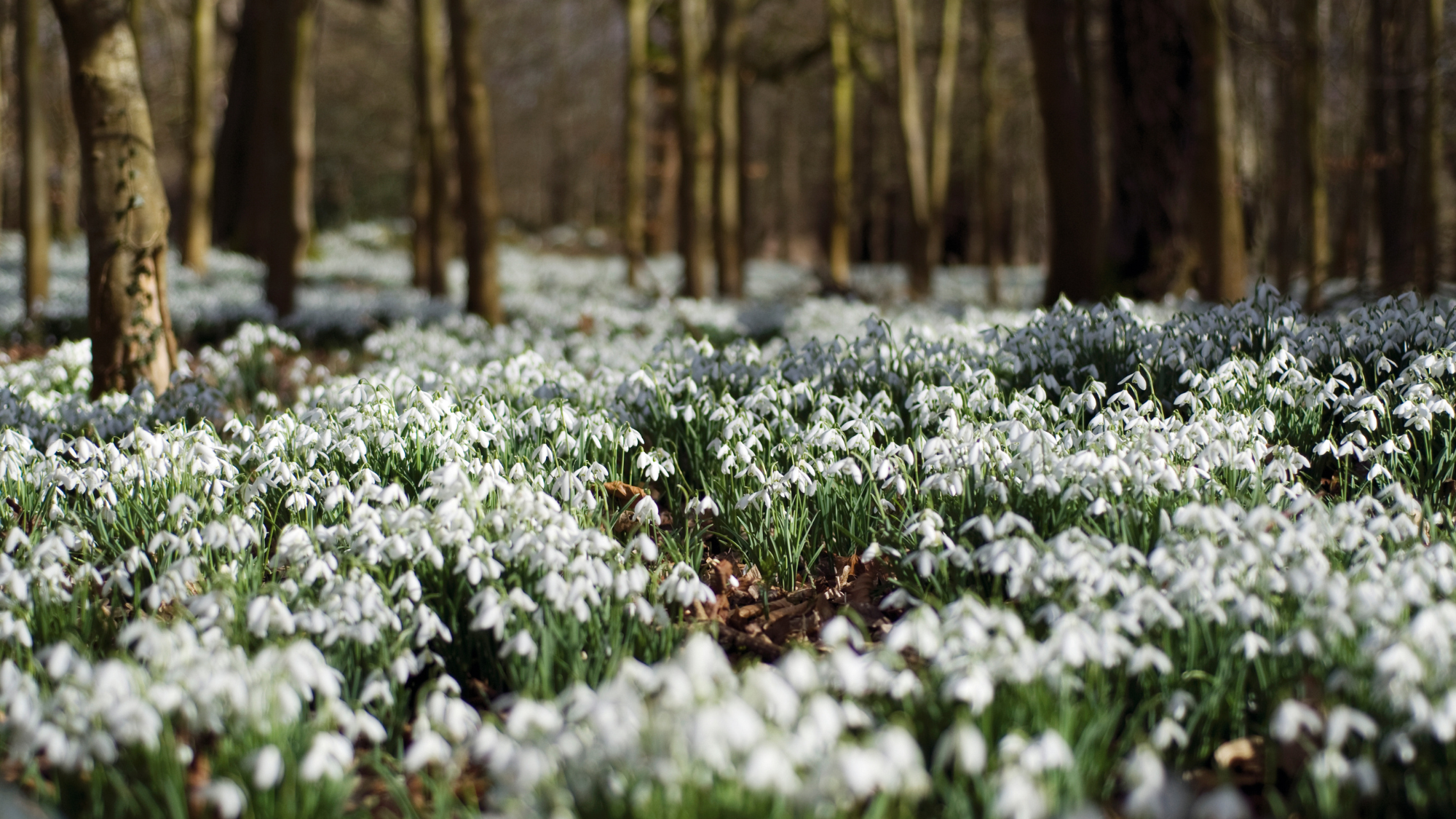 Best places to find snowdrops in the UK
Best places to find snowdrops in the UKThe Week Recommends The snowdrop season is upon us, with ‘blankets’ of the beautiful bloom signalling that spring is on its way
-
 The 8 best superhero movies of all time
The 8 best superhero movies of all timethe week recommends A genre that now dominates studio filmmaking once struggled to get anyone to take it seriously
-
 The plan to wall off the ‘Doomsday’ glacier
The plan to wall off the ‘Doomsday’ glacierUnder the Radar Massive barrier could ‘slow the rate of ice loss’ from Thwaites Glacier, whose total collapse would have devastating consequences
-
 Why college students are struggling to read full books
Why college students are struggling to read full booksUnder the Radar Is reading full books a thing of the past for students?
-
 Unschooling: the radical education trend raising eyebrows
Unschooling: the radical education trend raising eyebrowsUnder the radar Some parents are letting their children lead their education
-
 Why are professors trying to escape their jobs?
Why are professors trying to escape their jobs?Under the Radar The Facebook group that offers a look inside the crisis in higher education
-
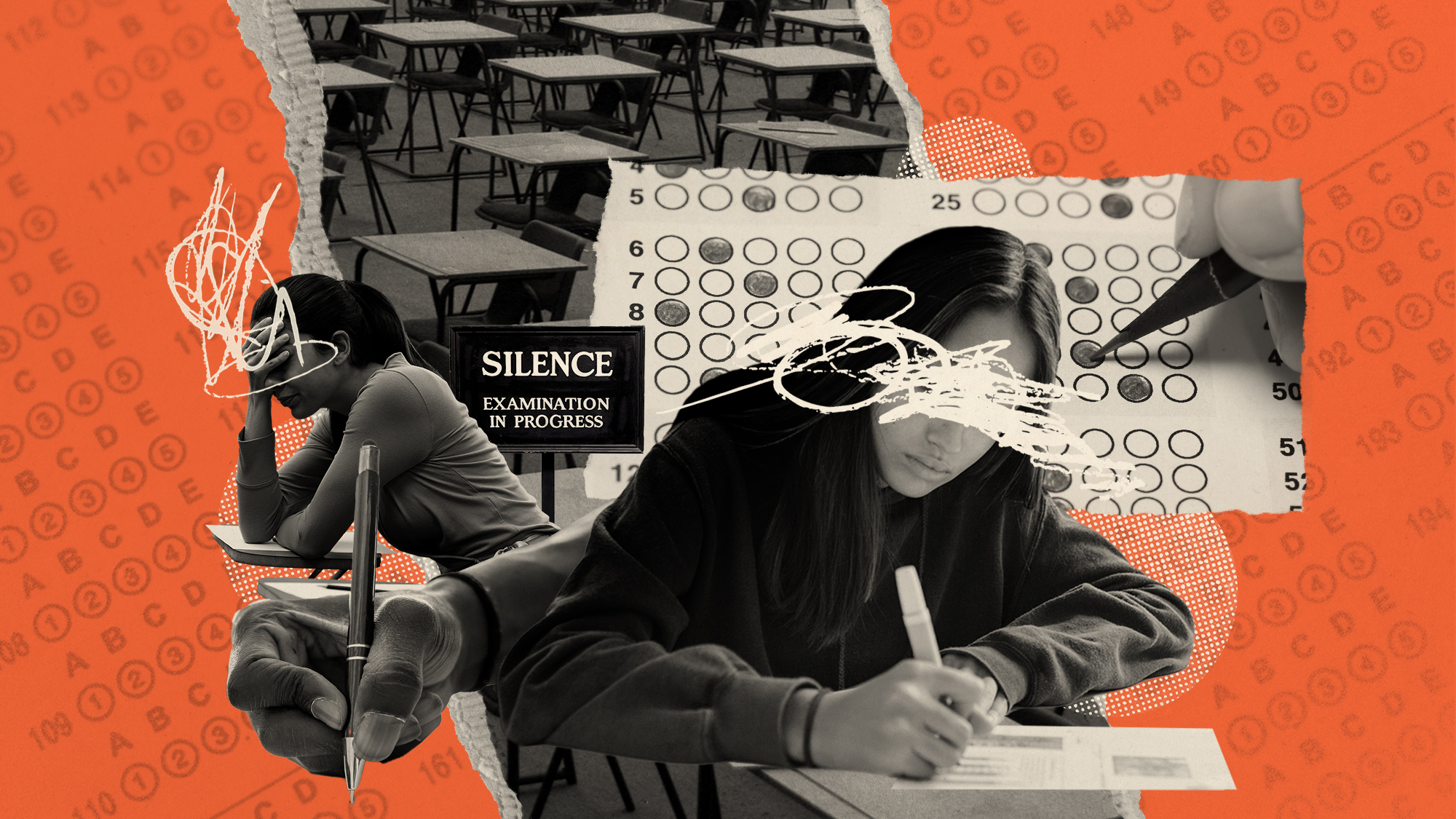 Maybe we were wrong about the SAT
Maybe we were wrong about the SATUnder the radar What test-optional college admissions really means
-
 Schools are suffering from low attendance
Schools are suffering from low attendanceUnder the radar But students are suffering even more
-
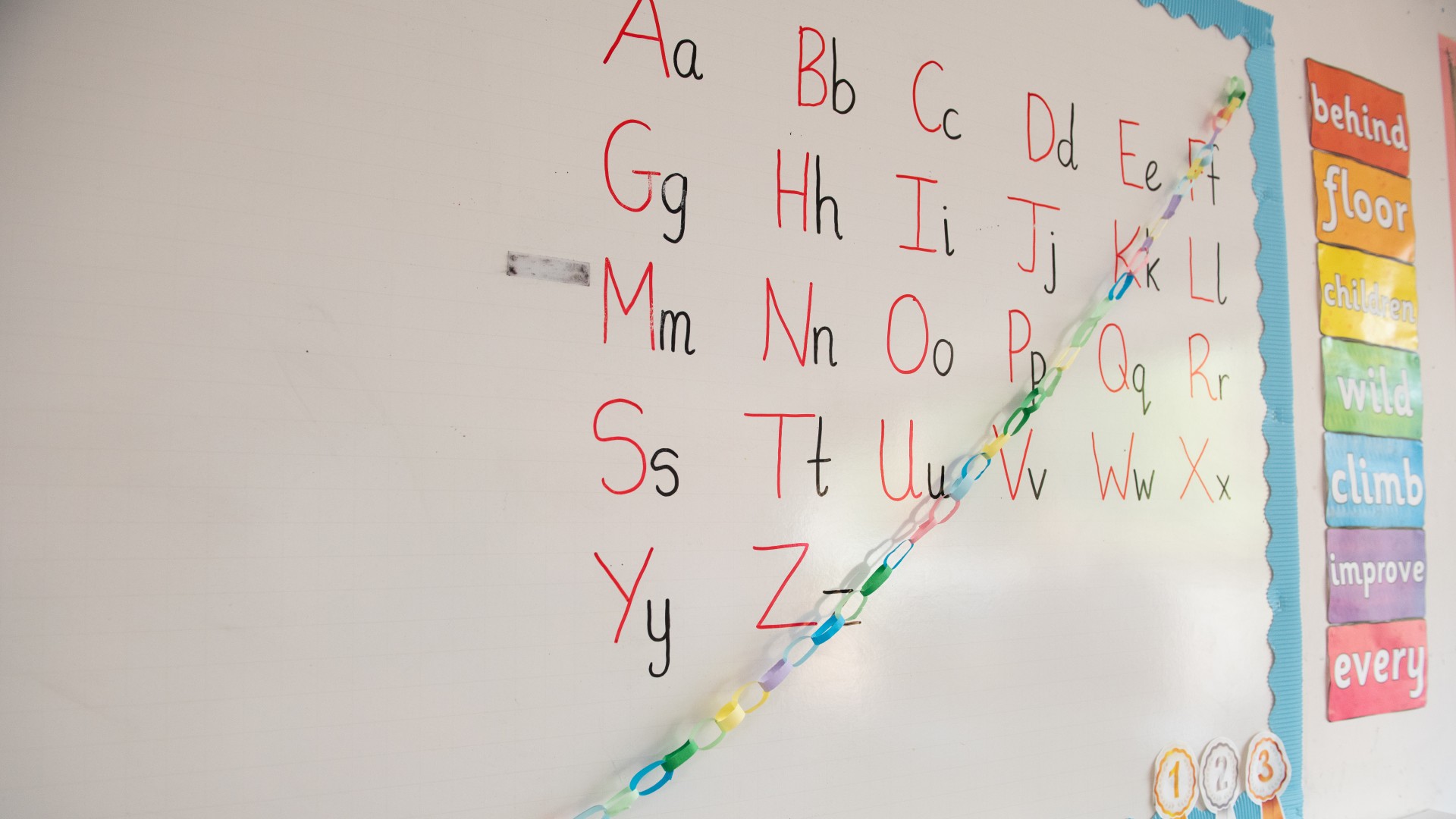 Spelling out why the 'science of reading' movement is winning the Reading Wars
Spelling out why the 'science of reading' movement is winning the Reading WarsUnder the radar Lawmakers across the US are being swayed
-
 The scandal surrounding the country's largest Christian college
The scandal surrounding the country's largest Christian collegeUnder the Radar Grand Canyon University has been fined $37.7 million for allegedly misleading its students
-
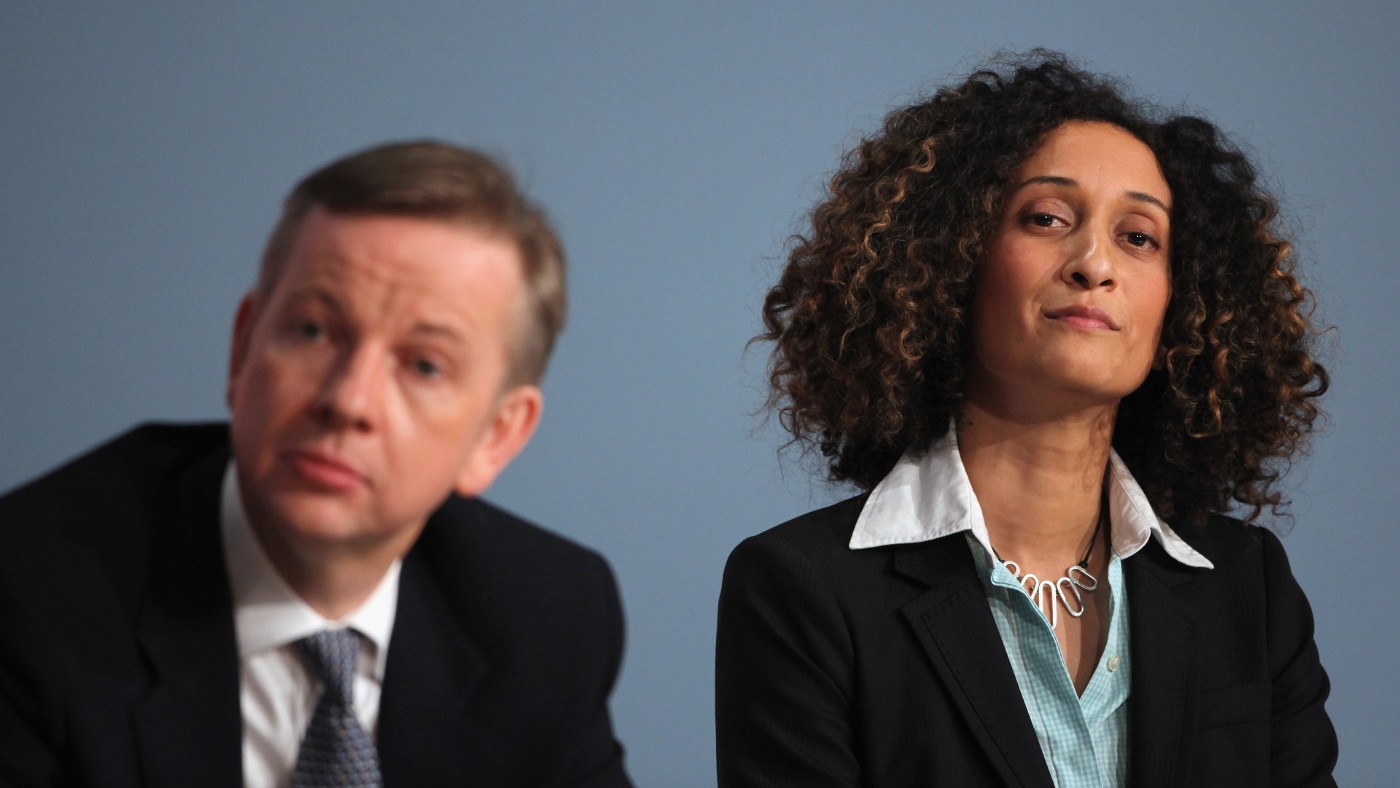 Katharine Birbalsingh: Britain’s ‘strictest head teacher’ takes aim at Jess Phillips
Katharine Birbalsingh: Britain’s ‘strictest head teacher’ takes aim at Jess PhillipsIn the Spotlight Former social mobility tsar accuses Labour MP of racism in Twitter spat